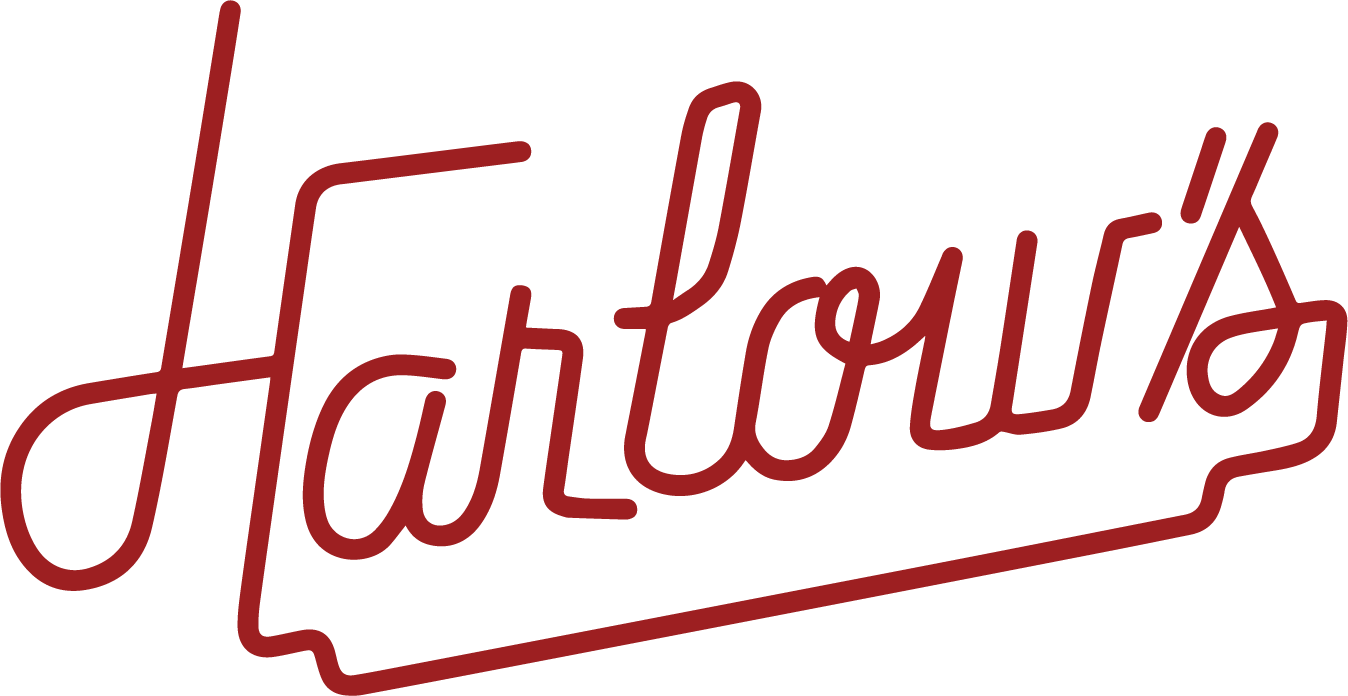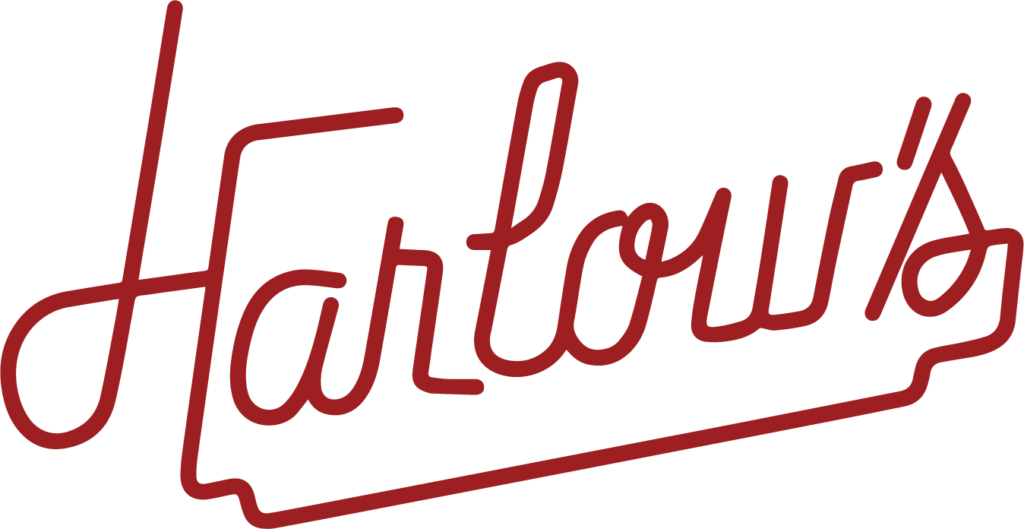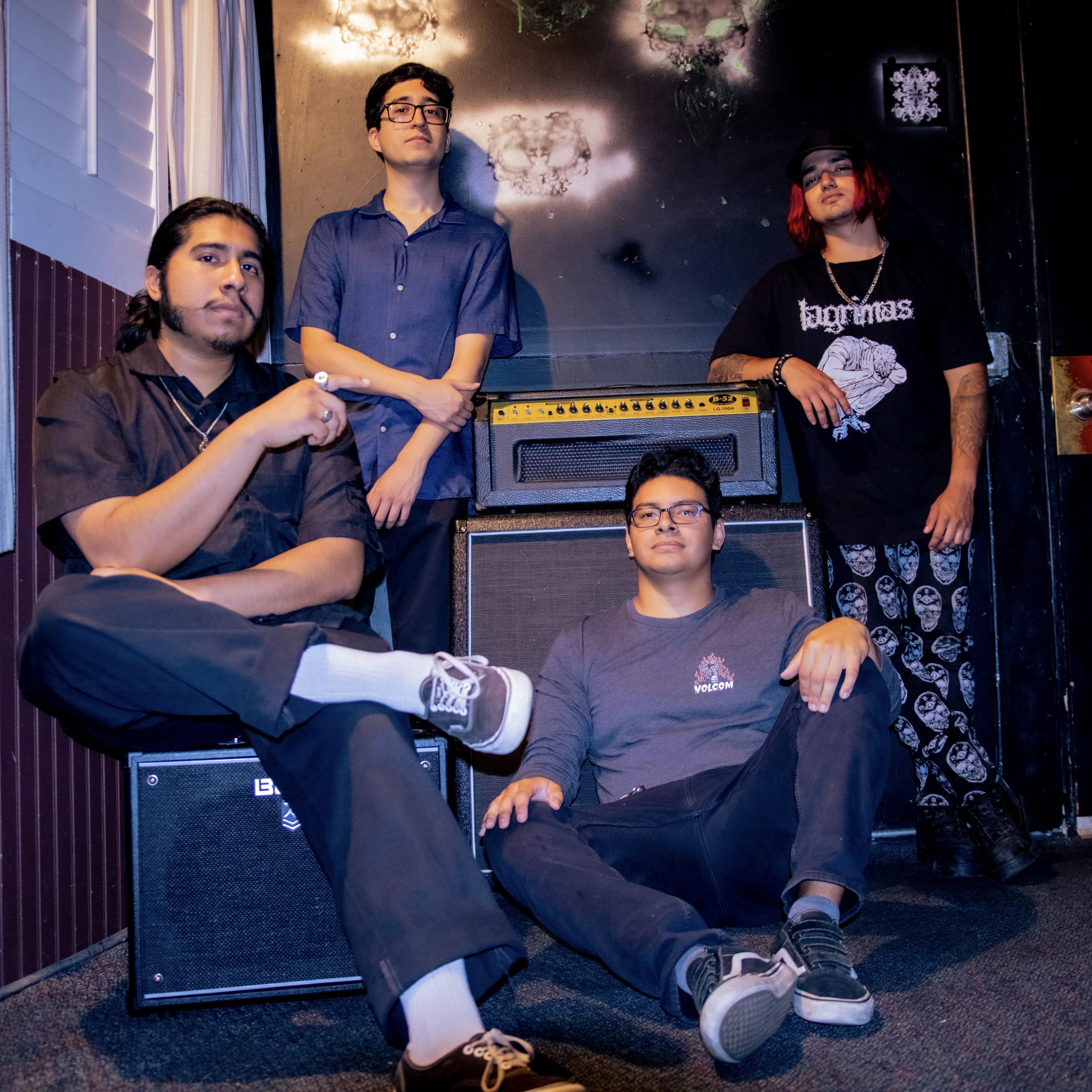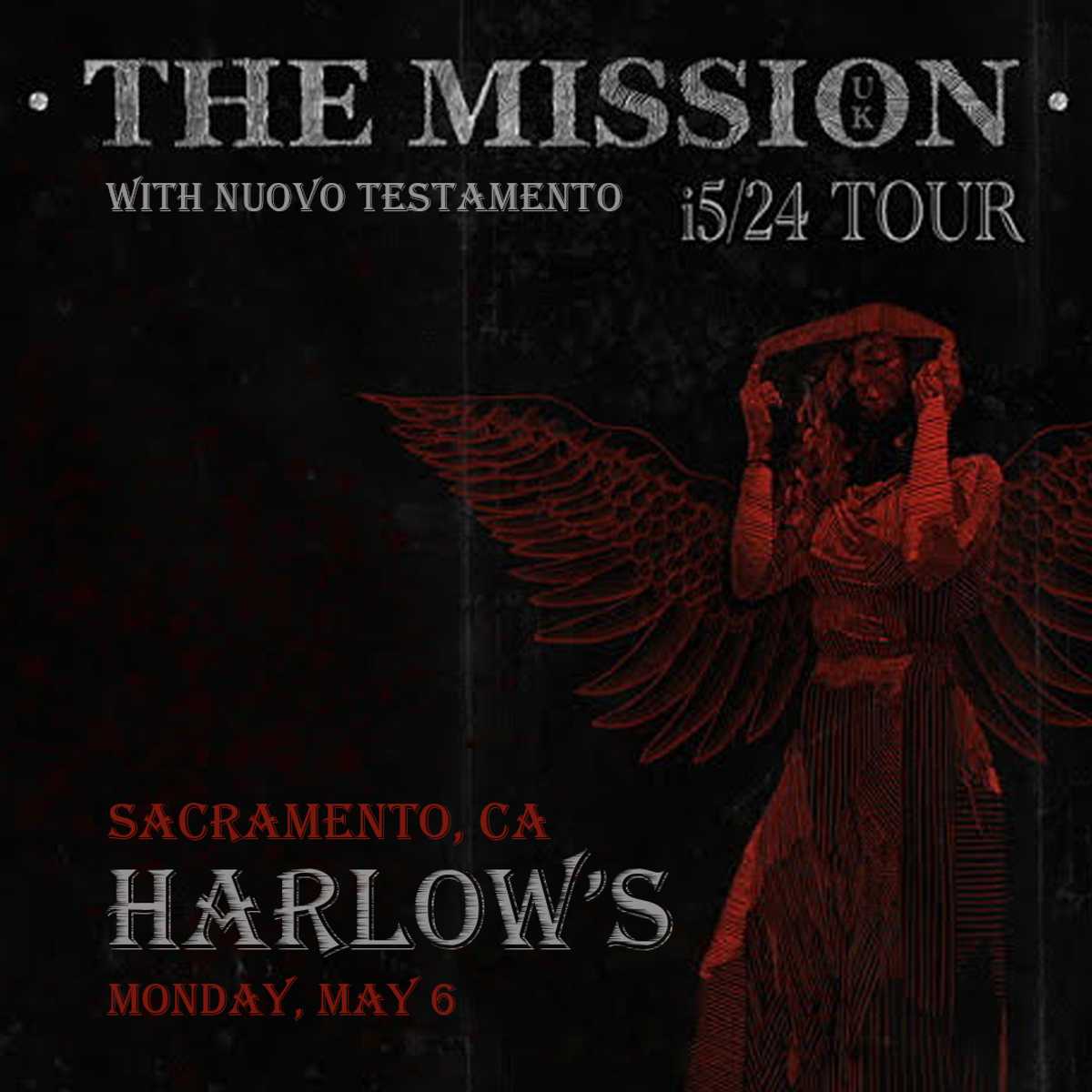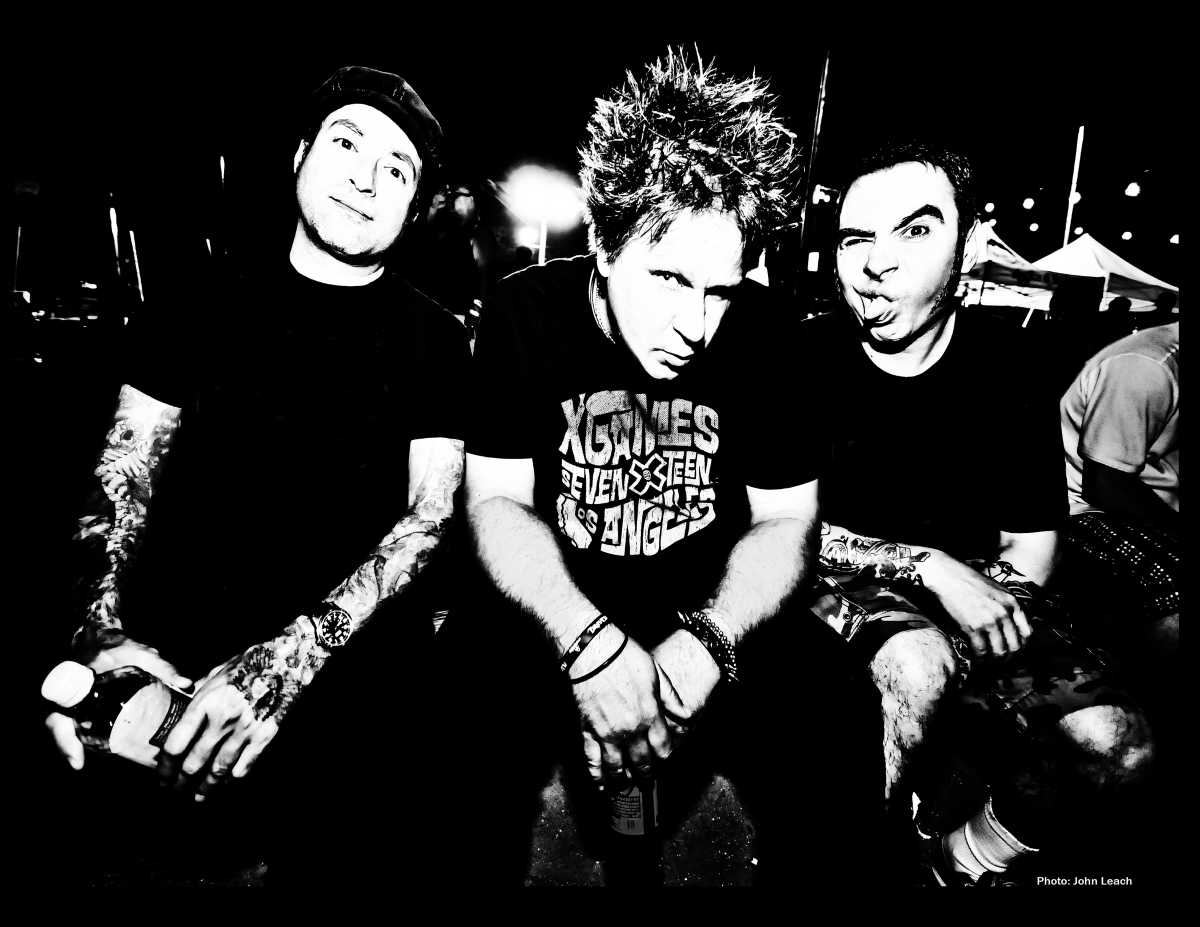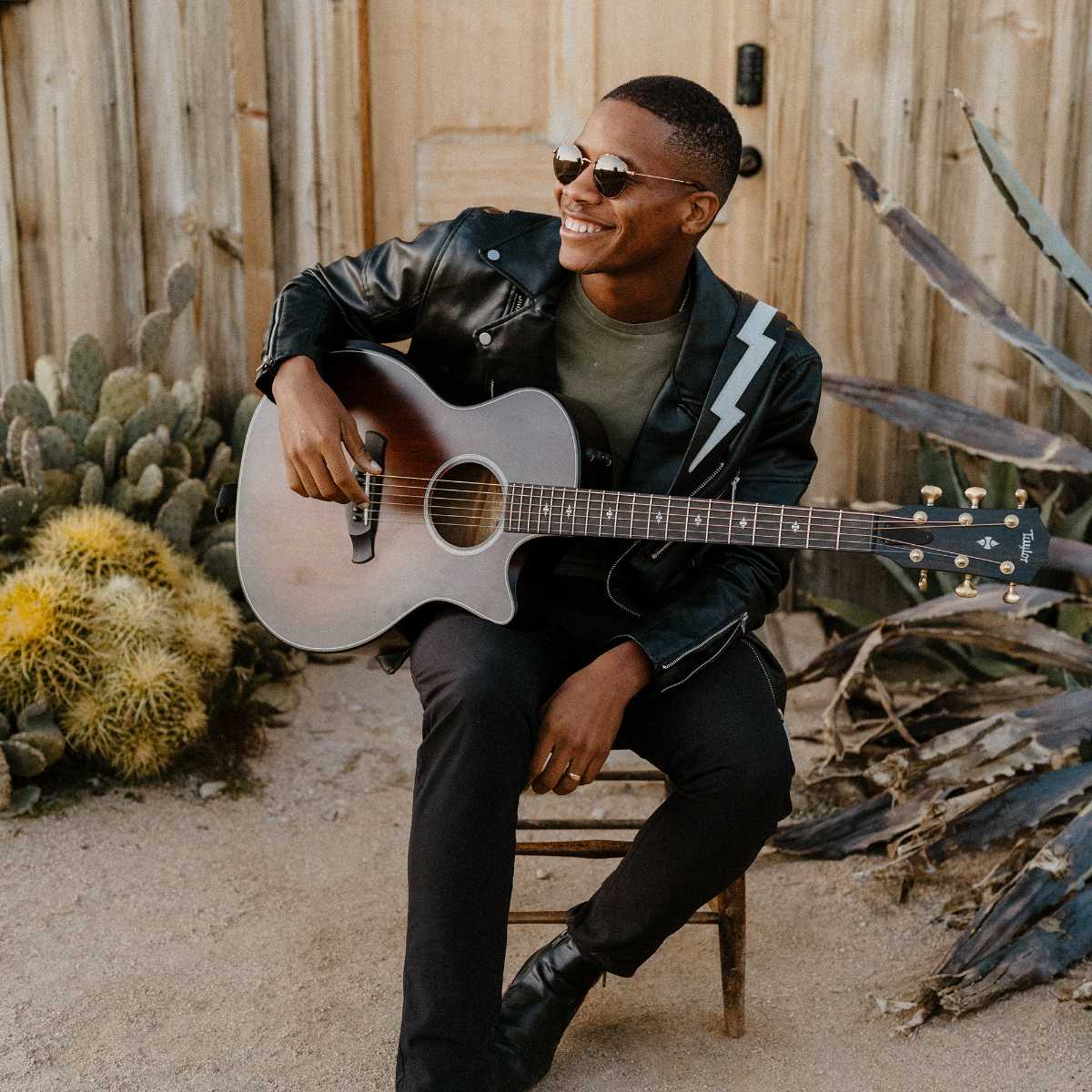UP NEXT
Just Announced
May 2024
The Starlet Room presents
Samantha Henson
All Ages
The Starlet Room presents
Samantha Henson
All Ages
FOR A TRULY MEMORABLE EXPERIENCE
Learn more about our private events at the button below.
GET SHOW UPDATES IN YOUR INBOX
FOLLOW US ON SOCIAL MEDIA
#HARLOWS
This error message is only visible to WordPress admins
There has been a problem with your Instagram Feed.
archive
December 15, 2022 - Kalan.Frfr
Photo by Kyle Eagling
December 13, 2022 - Fishbone
Photo by Cam Ann Evans
December 4, 2022 - Arin Ray
Photo by Kyle Eagling
December 2, 2022 - Machine Girl
Photo by Cam Ann Evans
November 20, 2022 - Thuy
Photo by Kyle Eagling
November 11, 2022 - Covet
Photo by Eli Chavez
November 28, 2022 - Murlocs
Photo by Paul Piazza

